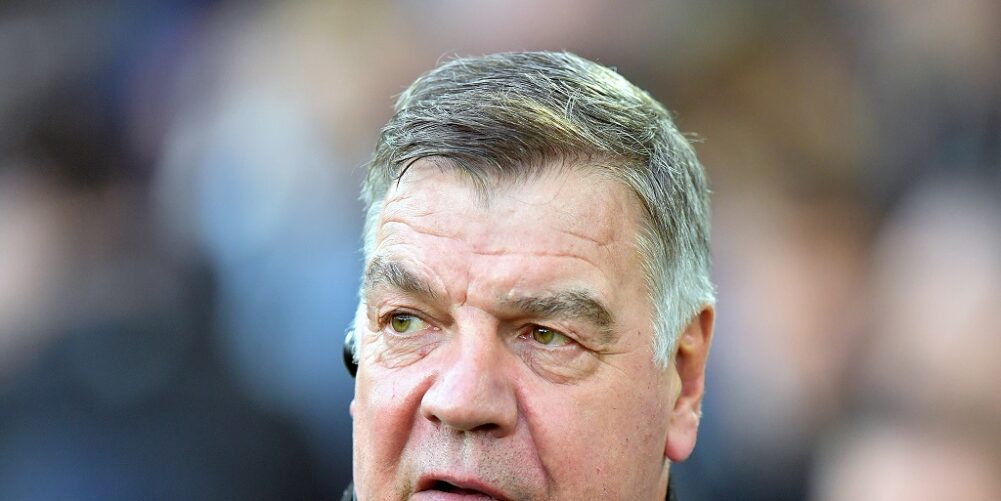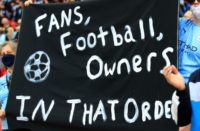Seeing Jude Belllingham and Joe Gelhardt scoring goals in the Championship – it's like going back to the past.
One 16, one 17. Fabulous. Young players today take an
age to break into the first team. In my day, you were considered a failure if
you weren't playing by 18.
There are various reasons for that, but fundamentally
we were just more robust. As children, our lives were about walking everywhere,
running and cycling to school.
We played out until it was dark. In the summer
holidays, you only came home when you were hungry.
At school, you played every sport available, which is
no longer possible. For instance, I would do gymnastics, trampolining, pommel
horse. I'd play cricket and athletics – the 100, 220 and 440 relay. I'd do
swimming. And it wasn't beyond me to play two games on a Saturday and another
one on Sunday.
It gave me a rounding as an athlete, not just as a
footballer. It meant that I turned up at Bolton Wanderers naturally fit and
ready to fight for a place at 15.
Today's players aren't the same. They don't play out.
They only play organised sports. They get driven here, there and everywhere.
And they don't engage in as many different sports as I did, or play them for so
long. That's why we developed quicker.
As a manager, it's a real privilege to have a player of
that age and be able to give him some first-team experience.
I did it with Jermaine Pennant at Notts County, who was
only 15 at the time. We knew that he wasn't going to sign a contract – even
though we'd looked after him from the age of nine – so playing him was a way to
increase his value. But he was also good enough, without a doubt.
Managing someone that age is a completely different
kettle of fish. And how he is managed in those teenage years could very much
define how his career pans out.
You're dealing with someone who is still growing. His
muscles aren't fully developed. Nor is his brain.
Initially, a kid of that age plays without fear. He
doesn't think about what he's done. Then all of a sudden he realises he's playing
in the first team in the Championship. That can cause a dip in performance.
Even if it doesn't, you have to keep an eye out for
fatigue, which will inevitably kick in at some stage. Play him through that,
and you're putting him in danger of a serious injury.
So you take him out, give him a rest. Then everybody
says you aren't doing your job properly because he's just had a brilliant game.
You explain it to the player, and he probably won't accept it if he thinks he's
playing well.
But most clubs now have sports science, psychologists
and other professionals all providing a manager with hard data on what a player
needs. Listen to them – not the player, not the media and not the people in the
stands.
The whole game is so short-term now, it's beyond
belief. Everything is tomorrow, next week, next month and nothing beyond that
matters. That's the world we're in.
But the longevity of a player's career is your
responsibility. If you shirk that and continue to play him, well just read
Michael Owen's book.
I was with Michael on talkSPORT the other day and he'll
tell you that his first hamstring injury at 19 was devastating to his career.
He never felt the same player going into his twenties and it ultimately
shortened his career.
That's why you've got to forget the pressure, resist
the temptation and do what's best for the player and the club.
You want to develop a player who can play for ten
years, and look after an asset that, one day, will hopefully entice a Premier
League club to bid £40 or £50m.
Will Birmingham's Bellingham and Wigan's Gelhardt fall into that bracket? It's impossible to know. For now, let's just celebrate the emergence of two exciting English players who are proving that you don't need to look abroad for the best young talent.

















